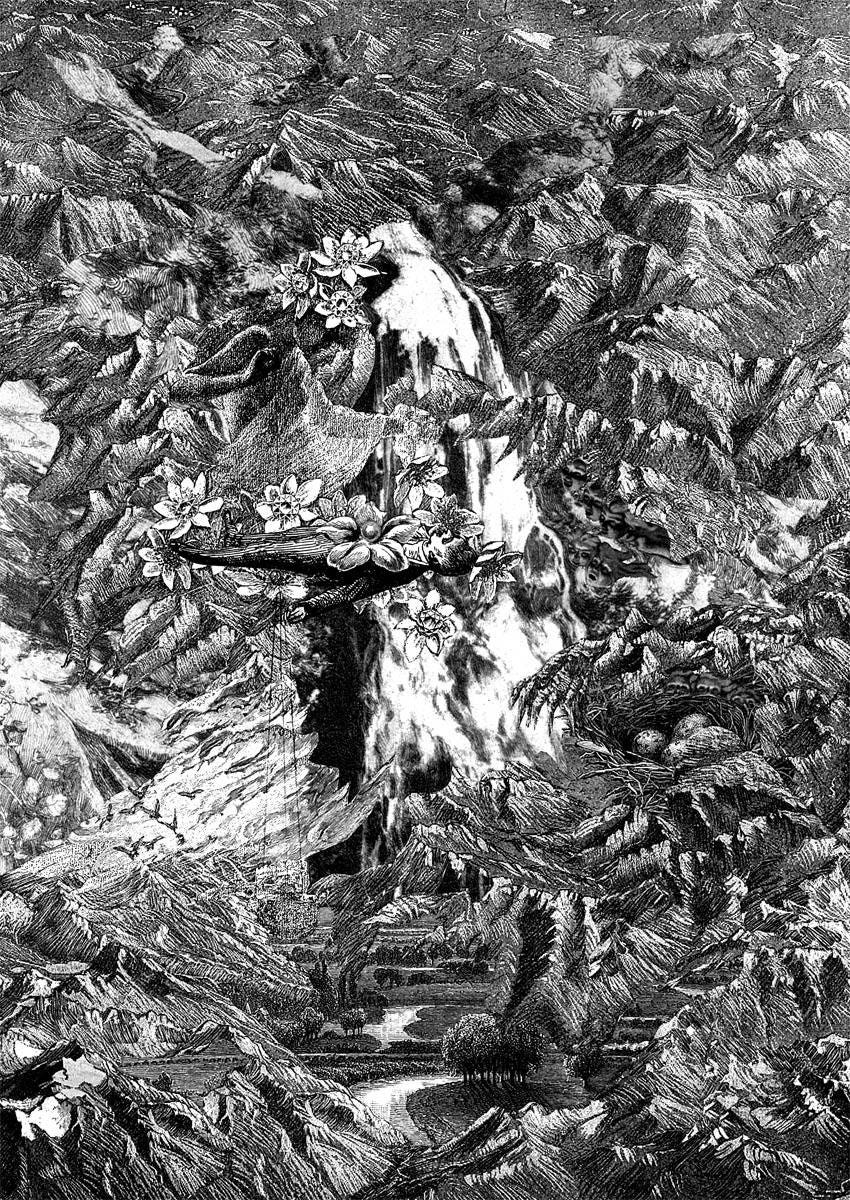On Saturday, June 28 I am pleased to be offering a free talk: “Paleolithic Retrievals.” Registration is open here on Zoom.
I like to think of this talk as a kind of homage to a mentor of mine, the historian William Irwin Thompson. Given the subject of the talk, it’s also a nod the great psychedelic bard Terence McKenna and his notion of the “archaic revival.”
Paleolithic Retrievals is a talk about the origins of human consciousness. It’s about revisioning history. And because of those two things, it’s also and necessarily about possible futures. Ecological and planetary futures, one can hope, where the ‘polycrisis’ that we face in our present situation is not the final chapter, but instead a kind of segue—or ecological corridor—that leads on to still other stories, and more-than-human futures that happen to include humans, too.
Revisioning the past is integral to re-envisioning the future. This idea has been central for me while writing the manuscript (which this talk draws heavily from).
Different stories about where we’ve come from and who we are open different possibilities for us in the present, as well as the future. Possibilities beyond that of collapse or the mere ‘cancellation of the future.’
During the talk I’ll be engaging in philosophical and mythic speculation, emphasizing that human history—especially the history of consciousness—has been non-linear. The human story is replete with examples of variation, oscillation, and complementary ‘developments,’ all of which begin to suggest a very different meta-history (or one could say, a meta-historical narrative) that imagines the human story beyond progress. This revisioning of history recasts the human being as ‘metamorphic.’ We are beings that inhabit metaxy, meaning the ontological middle. Other meta-themes beyond of that of progress come to the fore: plasticity, for instance, comes into focus in this speculative re-envisioning. And in order to begin to make sense of it all, the talk will look to philosophers like Gilles Deleuze, with his image of the “sorcerer,” and his reflections on nature, as well as Gloria Anzaldua’s indigenous concept of the “shapeshifter/La Naguala.” Ecological images of the human start to come into focus.
The human, like the world, is a being found in the middle of its own becoming. The world in this sense is fundamentally process, which is to say metamorphosis, and radical relation.
Finally, this alternative history and its illuminating thinkers will find some consilience with that of ‘integrative’ philosophers, like Swiss poet and phenomenologist of consciousness Jean Gebser, and Indian yogi and scholar Sri Aurobindo.
That’s what I mean when I say that a revisioning of the past is just as necessary, just as vital, as imagining more-than-human and ecological futures. It is through a revisioned history and the contemplation of the “archaic” past that we can start to glimpse the crystalline facets of that greater whole that is an “integral” consciousness and our ever-present future.
This lecture will be free, as stated, and is the first week of a longer five-week course, “Metamorphosis: Revisioning the Self After Modernity,” aiming to unpack this revisioned image of human nature.
As always, I welcome your feedback on the ideas I’ll be presenting. You’ll also get a clearer look at the whole, theoretical vision once the manuscript is complete (the day draws nearer, keep an eye out this summer).
See you Saturday, June 28 for “Paleolithic Retrievals.” And see some of you for the rest of the course.



